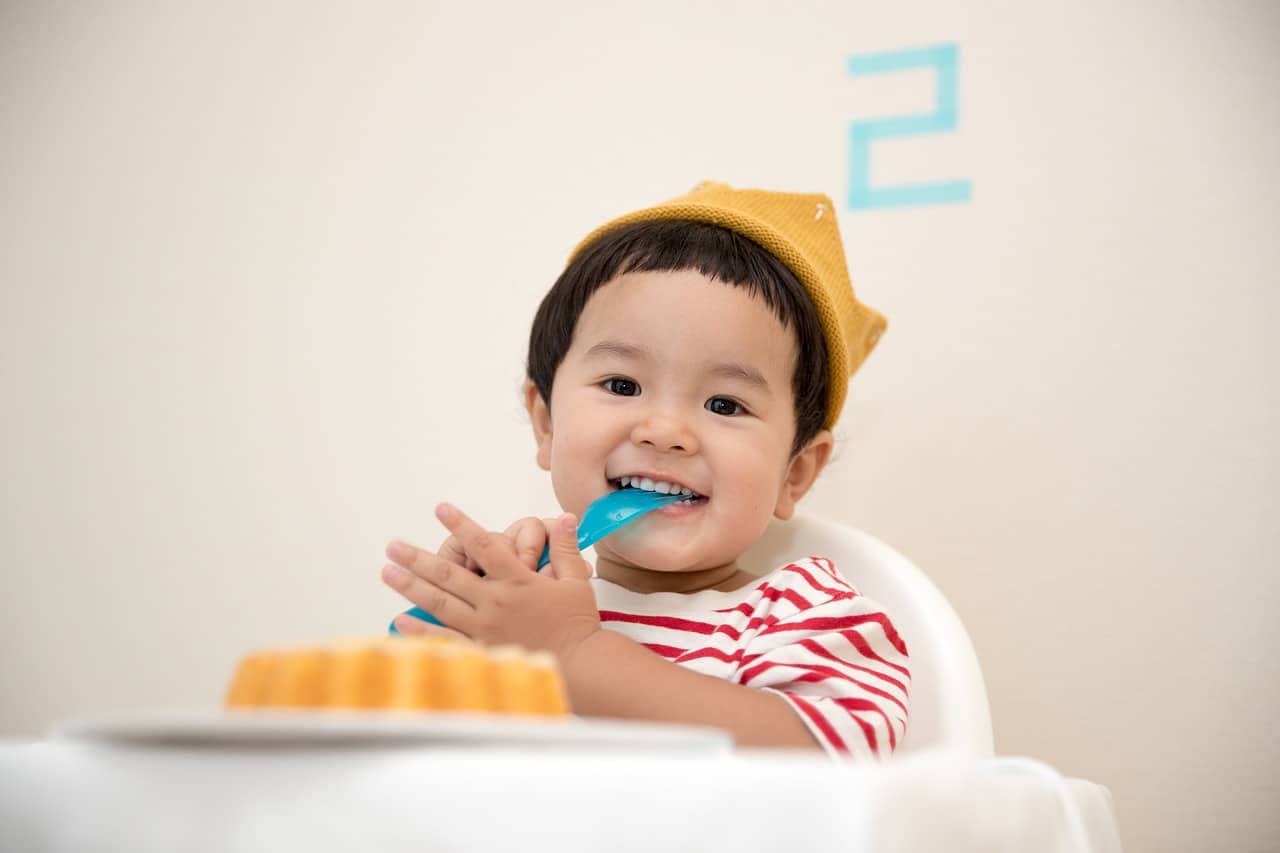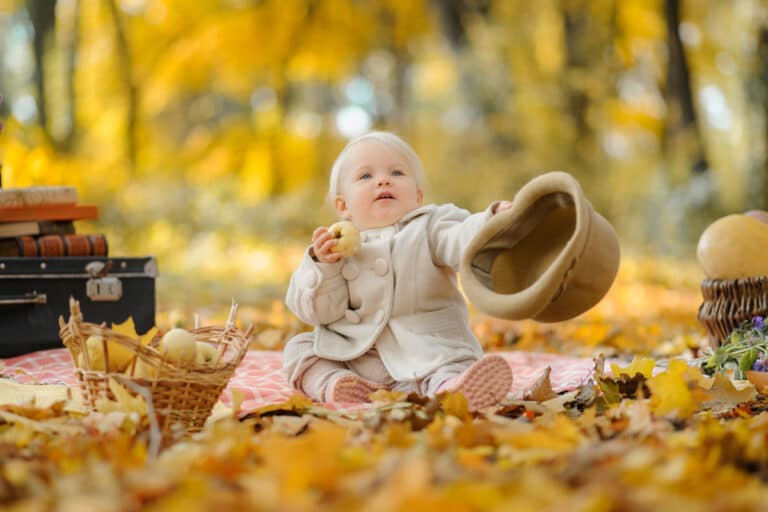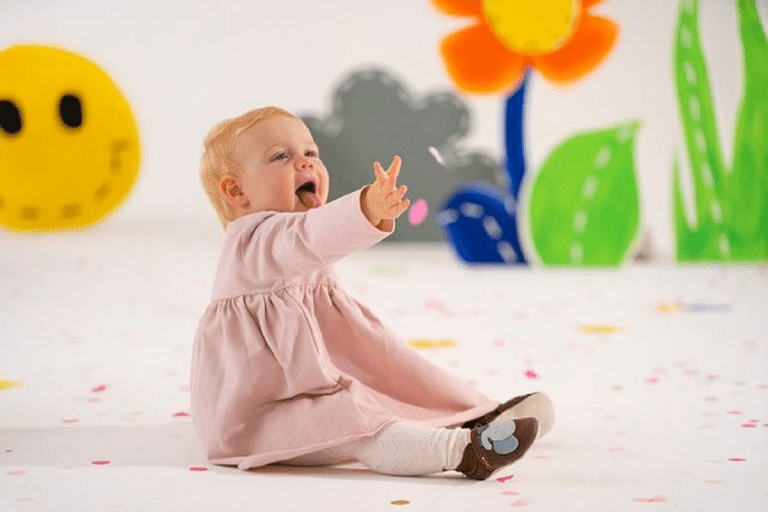When it comes to buying products for your baby, which parent would like to compromise? Most people swear by the brands that their family has been using for ages. But we have also noticed that parents have become more cautious about what they are using for their baby with time.
When you visit the aisle containing baby products, there are numerous options for you to choose among. But, to select the best for your baby, you need to check the details and know what suits your baby and what doesn’t.
Here Are Some Tips That You Should Do Before Buying Baby Products:
Consult your pediatrician – Your pediatrician has the most accurate information about products and toxins that might cause any problem. Besides, they keep learning about new products during their daily practice.
Read about the details of the products from the label- If it’s your first time buying a baby product, it can be a nightmare for you considering the number of options available. Pretty packaging is never enough, and their claims might not be valid. It’s always best to stick to as many natural products as possible. Avoid buying baby skincare products that contain dyes or chemicals like paraben, sulfates, and phthalates, as it causes harm to the baby’s sensitive skin.
Ensure that your baby is not allergic to any of the ingredients – Be it buying baby skincare products or baby food, knowing about your baby’s allergy is a must. If you have discontinued any product earlier, learn about its composition and avoid those ingredients next time you buy products.
Check the efficacy of the products – Make sure the products you are considering buying are dermatologically tested and approved by your pediatrician.
Avoid products with strong, artificial fragrances – Fragrances can both be soothing and disturbing for children. Using scented products might affect your kid’s respiratory system, and it can also make your child cranky. Instead, choose products that are of slight smell, especially in the case of diapers or baby food and even the skincare products you’ll be using.
The products should be BPA-free – This has been made mandatory for child’s products as kids were getting exposed to toxic plastics, so BPA-free plastics are used for the baby product to make them safe.
Prefer quality over quantity – Obviously, we know you won’t compromise while buying products for your baby. Good and trusted products are on the expensive side, but purchasing a bulk of them at a discount might cause the risk of you using expired products on your baby. This might have enormous consequences.
Having talked about the general tips, now let’s talk in segments categorically.
Baby skincare products – As we talked about above, newborn skincare is a delicate matter. Here are some of the essential baby skincare products that you need to assemble –
Baby soaps, cleansers, and shampoo – Cleansers and shampoos are mild on baby’s skin, while baby soap can make the skin go rough.
- Baby lotion – Using a tiny amount helps moisturize the baby’s skin.
- Diaper rash ointment – Protects the baby’s skin from the irritation caused by wet diapers by moisturizing their skin.
- Baby oil – A classic massage with baby oil is mandatory as it calms and relaxes the newborns.
- Baby laundry detergent – Regular detergents are too strong for newborns, so choose detergents with negligible smell and dye.
- Baby powder – Search for talc-free powder and avoid applying them to your baby’s genitals and face. The talc or cornstarch might cause respiratory problems to your baby.
Baby food – Baby feeding is one serious task, and it cannot be considered consistent because every three to four months, there is a new food pattern that needs to be followed.
Breastfeeding is considered the best baby food, which improves the baby’s health and maternal health outcomes. It is crucial to breastfeeding a child for the first six months of their life as it helps receive the optimum nutrition and health benefits. It also helps the baby to develop its immune system.
After six months – It is usually the right time to introduce your baby to solid food, but it’s essential to know if your baby is ready for this transition. You should consider sure signs as a proper time to start introducing solid food like babysitting up with minimal support, demonstrating adequate head control, grasping at small objects, and other similar signs.
Before you start solid food, you must consult your pediatrician.
While starting, you should take care of the consistency of the solid food, which must be soft, and also, only a single ingredient should be introduced once at a time.
You need to understand what your baby is allergic to and give food accordingly. Doctors advise that you wait 4-6 months before introducing potential allergy-causing food like dairy products, eggs, beans, and others.
Some Recommendations For Food Are:
Six months – ground cooked single-grain cereal or infant cereal with breast milk formula, mashed vegetables, and others.
Eight months – Well-cooked and minced egg, meat, or poultry, sliced small pieces of small fruits, mashed vegetables.
Along with solid food, you can continue to breastfeed your child for up to 12 months.
Kids vitamins & supplements – Various supplements are available and can be started after the kid turns four under a doctor’s advice. Not every kid requires this. If your kid has issues with having food and has a deficiency of vitamins, then only they need supplements. Besides that, kids may take vitamins when they are not getting enough of them from their regular diet.
Conclusion!
Apart from the tips mentioned above, sanitization is also a very significant point. While nursing a baby, every detail needs to be taken care of. The baby’s clothes need to be washed every day. Their utensils need to be sterilized by boiling them with hot water, and one should take all the precautions to maintain a clean surrounding as kids are vulnerable to infections and germs. We hope that this article has provided you with appropriate clarity for you to make the best choices now.










![Home Renovation Guide [2025]](/app/uploads/2021/04/design-hacks-1-378x300.jpg)
